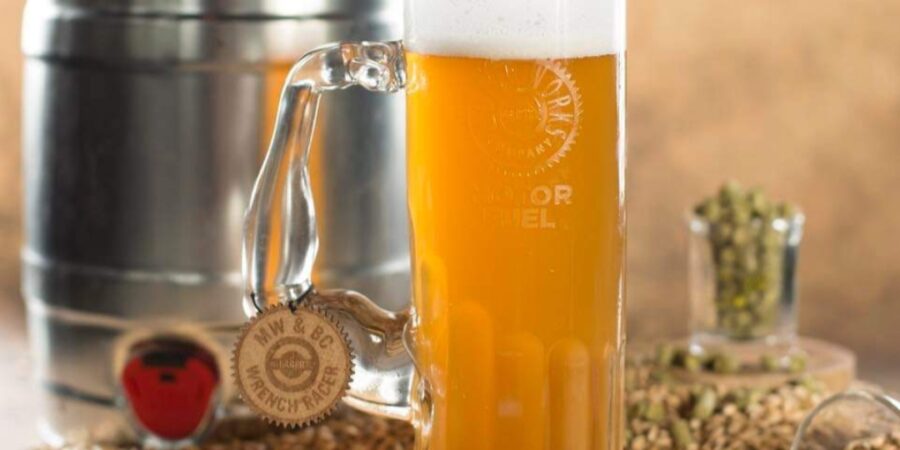Bars are upping the ante in terms of reducing their carbon footprint and looking at business operations from an environmental lens.
Bars today are doing quite a lot of cool things in terms of their mixologists, cocktails and things like that. But none of that is driven with the idea of sustainability. Most of them are doing it purely from the idea of flavouring and those kind of concepts. Ideally, we want a little bit of consciousness to come into people so that they combine their amazing skills with a sustainable approach and tie that in with the entire brand and the bar itself, not just certain products.
Pravesh Pandey, the Director of Roxie is a huge believer of sustainability. He says, “around 535 Million orders were delivered by Zomato in one year- that is a whopping 1.46 million orders a day. Assuming Swiggy may be having a similar market share in the markets they operate, the overall order a day (put together both the platforms) will be 2.8 Million. Each order carries at-least 2 plastic containers. Imagine the amount of plastic which is being consumed by mother nature. This shook me. Then an idea struck me to bring awareness of this magnanimous problem by bringing in government bodies and the restaurant partners together. As a part of NRAI, I, with a few other restaurant owners, drove the clean-a-thon drive by bringing thousands of employees on the roads to clean the plastics and pledge that we would avoid using single-use plastics in our restaurants. This was in the year 2019. At Roxie, our underlying purpose is to put sustainability in action and make it more inclusive in the hospitality sector. I was quite amazed to see the amount of plastic and wastages of food being produced in the Industry. We don’t want to hit people over the heads with that mission when they walk in, but there are sneaky signals. We went beyond straws. We just started zeroing in on sustainability. It made us start thinking about how much water bars and restaurants use, and that’s inherent to operations, but we tried to think of ways to deal with that as well, like for instance, we were also one of the first restaurants to use water which is renewed from air. We tried to retrace every step and see how we could be more sustainable. We have implemented a lot of thoughts but we are constantly looking at more ways to be even more sustainable.”
- Glass bottles are extremely expensive compared to plastic – so competitors sell water (in plastic bottles) at lower costs and we get lower margins as we cannot be exorbitant with a basic product like water
- Cloth bags are way more expensive compared to plastic – so to set this off we use the cloth bag more as a marketing tool for branding our outlets, which makes it feasible on records.
- Maintaining a fresh daily supply of perishable goods makes storage an issue with bigger walk ins needed for operations.
- Sustainability comes at a high cost and requires a lot more man-hours for planning and supervision taking operational expenses higher.
Read the full story that first appeared in Evolve here:

